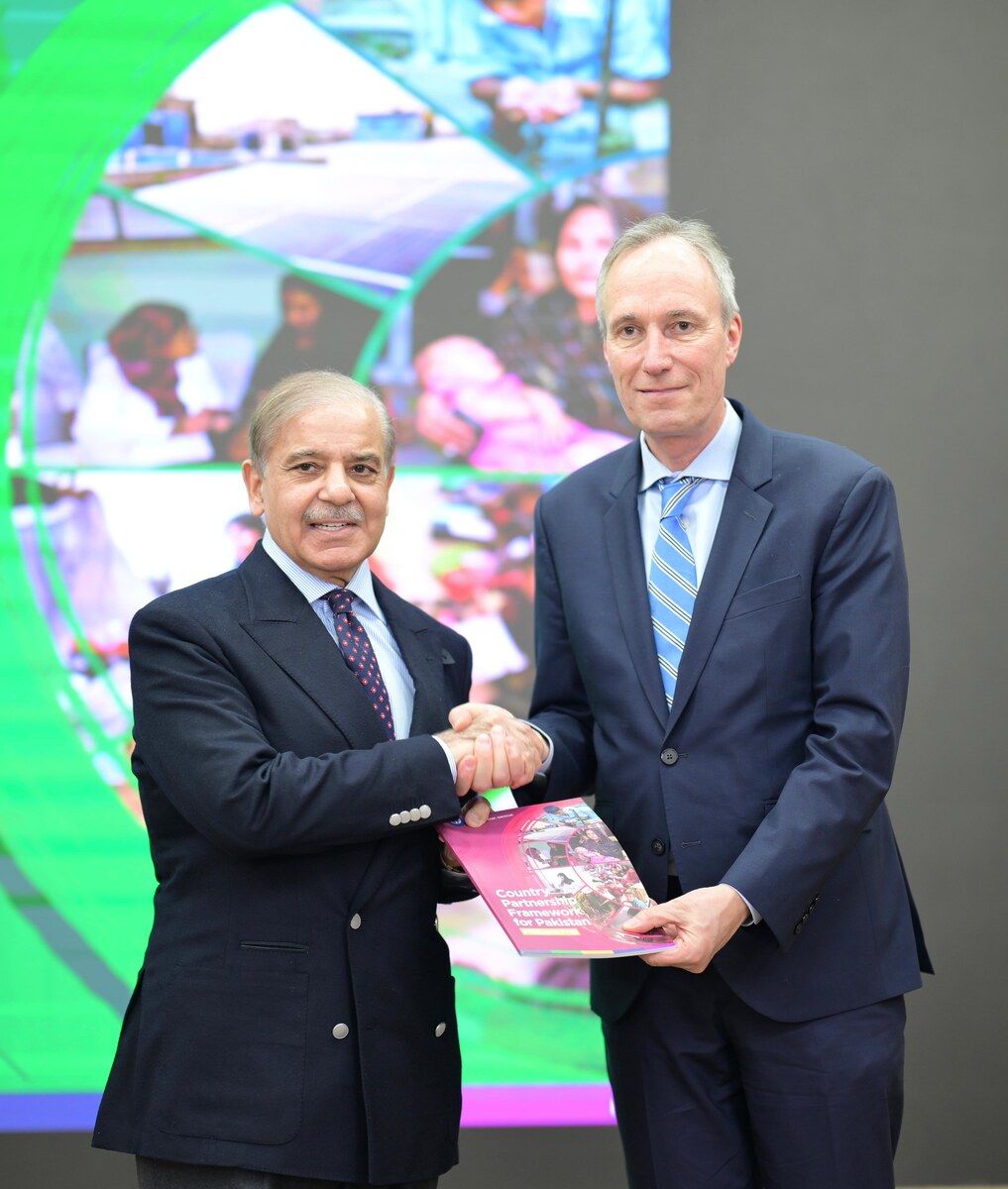ISLAMABAD: In an international media interview published a day before his retirement, Pakistan’s Army Chief General Qamar Javed Bajwa has said that he stands by the decision for the army to remain “apolitical” despite criticism and undue vilification.
Pakistan’s army has come under intense criticism, especially in the last year of Bajwa’s six-year tenure, particularly from ousted former prime minister Imran Khan and his followers, who say the army didn’t use its power to block his ouster through a parliamentary no-trust vote in April.
Khan and his followers also say his ouster was part of a United States-backed foreign conspiracy and the army helped impose the “corrupt” government of PM Shehbaz Sharif on the South Asian nation.
Washington and Khan’s political rivals have repeatedly denied the accusation, while the army has maintained through the controversy that it no longer wants to interfere in politics.
Without naming anyone but in a clear reference to Khan and his supporters, Bajwa responded to the vilification campaign against the army and said it was carried out through “meticulously crafted false narratives.”
“Despite some criticism and undue vilification of the armed forces through mass propaganda and meticulously crafted false narratives, the institutional resolve to remain apolitical will remain steadfast,” the outgoing army chief told a Middle Eastern publication in an interview published on Sunday.
“I am certain that this political quarantine of the armed forces will auger well for Pakistan in the long term by fostering political stability and strengthening the army-to-people bond.”
The office of the army chief is arguably the most powerful in Pakistan, with the army having ruled Pakistan for almost half of its 75-year history either through coups or as an invisible guiding hand in politics.
But Bajwa said he believed public support and affinity toward the armed forces tended to erode when the military was seen to be involved in political affairs.
“Therefore, I considered it prudent to shield Pakistan Army from the vagaries of politics in Pakistan,” the outgoing general said.
“The youth must also ensure that they are shielded from divisive propaganda and information warfare that seeks to polarize the society and erode mutual trust. Pakistan should always come first — before any other marker of identity.”
Bajwa took over the command of Pakistan’s army in 2016 and is scheduled to retire on Tuesday, the last day of his second three-year term. General Asim Munir has been appointed to replace him.


















